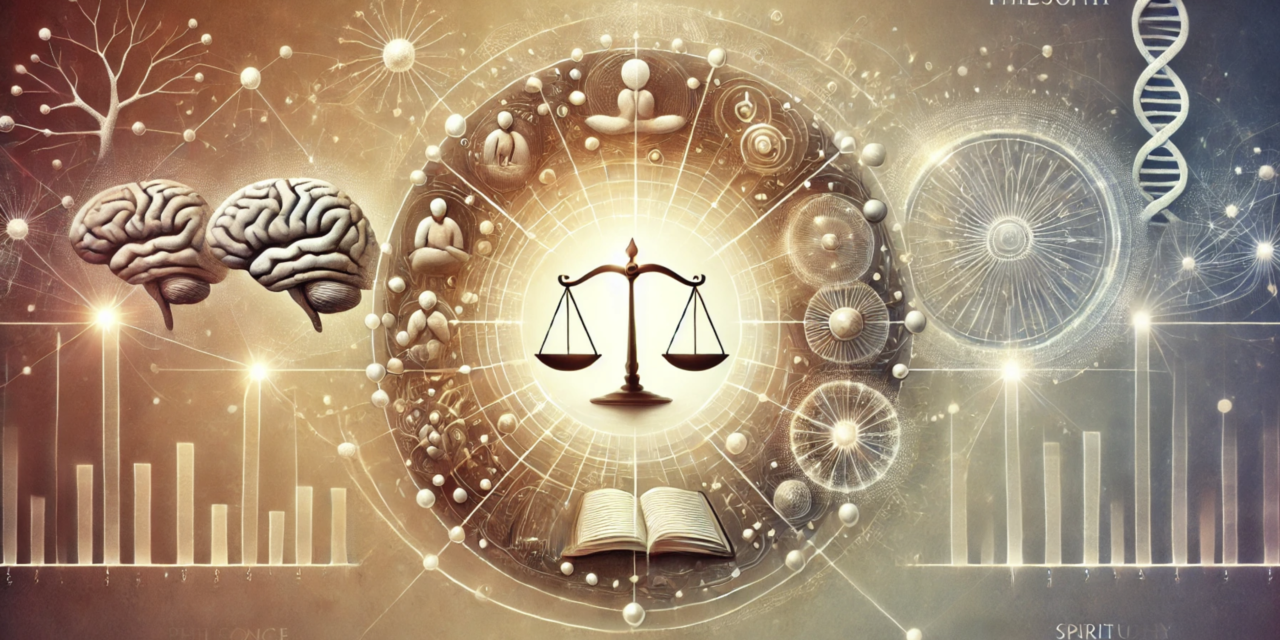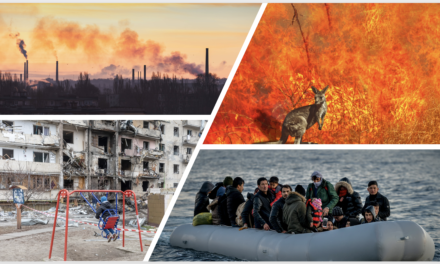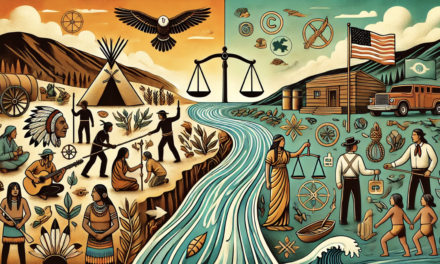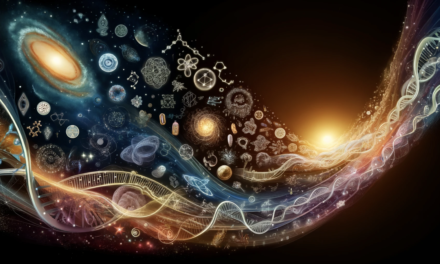In today’s world, the debate over free will is more than a question of metaphysics; it’s a profound reflection on what it means to be human. For centuries, science, philosophy, and spirituality have provided distinct but interconnected frameworks for understanding our place in the world, our choices, and our capacity for growth. Each of these fields offers essential insights into human agency, and only by integrating them can we approach a fuller understanding of our humanity.
Science: Illuminating the “Control Centre” of Human Choice
Science offers us a profound glimpse into the workings of the brain, showing us that it operates as a kind of “control centre” for the body. Neuroscience reveals that the brain is continuously evaluating our internal states and external environment to optimise survival, regulate bodily systems, and support mental well-being. This scientific view helps us understand that many of our actions, especially those essential to survival, occur automatically, beyond conscious awareness.
Yet, within this largely automated system lies a fascinating area where we can exercise control—those regions of our brain involved in conscious awareness and decision-making. Modern neuroscience confirms that we’re not passive spectators of our own lives; rather, we have a level of influence, a capacity to direct our thoughts and actions within a field of conscious choice. Science shows us the “how” of free will, giving us insight into the biological mechanisms that underpin choice and agency.
Philosophy: Exploring the Boundaries and Nature of Free Will
While science explains how we make choices, philosophy examines why and to what extent we are truly free. Philosophers have long argued that humans operate within limits, but they also champion the role of reason and reflection as a source of autonomy. From Immanuel Kant’s concept of moral autonomy to contemporary compatibilists who reconcile determinism with human agency, philosophy affirms that even if our choices are influenced by external forces, we retain the power to shape our responses within these constraints.
Philosophy pushes us to ask deeper questions: How free are we if our choices are influenced by our past experiences, our biology, or our environment? Is true freedom possible, or is it an ideal we continually strive toward? Such questions help us examine the boundaries of agency and challenge us to think critically about what it means to be an “agent” in the world. Philosophy adds depth to our understanding of free will, reminding us that our freedom lies not in absolute independence but in meaningful choice within life’s constraints.
Spirituality: Expanding Awareness and Accessing the Depth of Human Experience
Spirituality, particularly through practices like meditation and mindfulness, teaches that conscious awareness—the very seat of our agency—can be expanded. Ancient traditions like Buddhism and modern mindfulness practices aim to deepen self-awareness, cultivating a heightened ability to observe and influence thoughts, emotions, and physical sensations. Spirituality thus extends the reach of our consciousness, allowing us to move beyond automatic, habitual reactions toward intentional, thoughtful responses.
This heightened awareness transforms the concept of free will. As we grow more conscious of our inner world, we expand our capacity for choice, reclaiming parts of ourselves that might otherwise remain in the shadows of habit or unconscious reaction. Through spirituality, we access a deeper dimension of agency, where freedom is less about resisting external constraints and more about liberating ourselves from within.
The Case for Integrating Science, Philosophy, and Spirituality
Science, philosophy, and spirituality are not rivals in understanding humanity; they are complementary paths. Science shows us how our brain functions, providing a grounded view of our biological reality and our capacity for awareness. Philosophy compels us to question the nature of this awareness, exploring the purpose and limits of human agency. Spirituality, finally, shows us that awareness can be cultivated and deepened, expanding our choices and sense of freedom in daily life.
Together, these perspectives form a holistic approach to understanding human agency. Without science, we might ignore the profound biological mechanisms that shape us. Without philosophy, we could lose sight of the importance of meaning, values, and purpose. And without spirituality, we might never experience the depth of awareness that can unlock our true potential for growth and intentional living.
In a world often polarised between secular and spiritual, rational, and emotional, we must embrace the insights each domain brings if we are to fully embrace our humanity. Science grounds us, philosophy challenges us, and spirituality frees us. Only by weaving them together can we hope to understand, and live, the true nature of free will.
Terry Cooke-Davies
3rd November 2024
Profound thanks to ChatGPT(4o) from OpenAI for assistance with this article.






